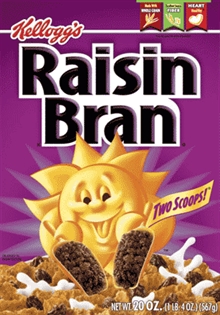1. Does the play employ
realistic or
nonrealistic conventions? On the spectrum from literalistic imitation of reality to stylized or surrealistic representation, where is the play situated? Are there breaks from the conventions established as a norm in the play? If so, what is the dramatic effect of these departures? Are they meaningful?
Well, it employs them both. Probably at minimum wage.
For instance, the character interaction is incredibly realistic. The mom's "nagging" and emotional apologies and even her creepy put-on Southern accent while entertaining Jim -- I believe as some sort of disturbing need to prove to herself that, in spite of her missing husband, she hasn't lost all that Southern charm -- rang true in the worst way. She clearly loves her kids, and I'm certain she means well, but I wanted to kick her in the shins when she said that "This is the prettiest [Laura] will ever be!" (1263) right after making her do that... thing. I don't even want to talk about it. That was low.
Also, I could relate with Laura uncomfortably well, so we'll say she was pretty realistic too.
Tom's arguments with Amanda/mom were also realistically familial. It's only family members who shout things like, "Every time you come in yelling that God damn "Rise and Shine!" "Rise and Shine!" I say to myself, "How lucky dead people are!" (1247). A Harry Potter (fanfiction?!) reference on the subject (at last!): "Another thing you might keep in mind," the man interrupted, "is that quite often family members are the ones who say the very foulest things of all. Think about it. People will say things to their family that they would never dream of saying to a mere acquaintance. The closer the bond, the more willing people are to test it to its limit."
-A Year Like None Other, by AspenintheSunlight
But anyway, all the random music filtering into the scene to suit the mood was certainly nonrealistic, and everything was a little less realistic because of the whole time warp/memory play thing Tom was going on about. Also, his walking in and out of Narrator Mode willy nilly was nonrealistic.
